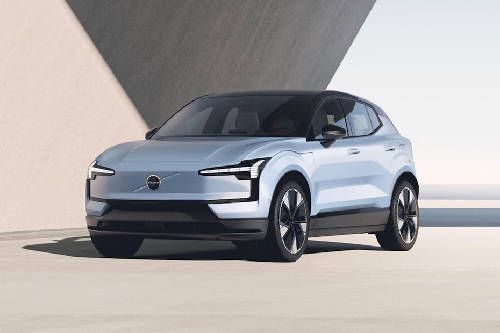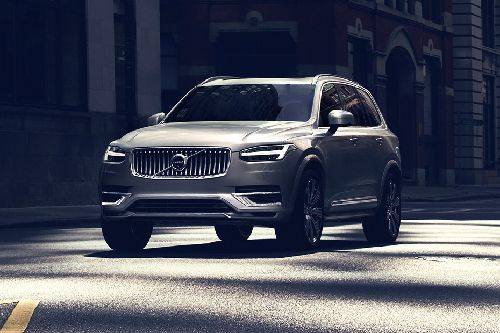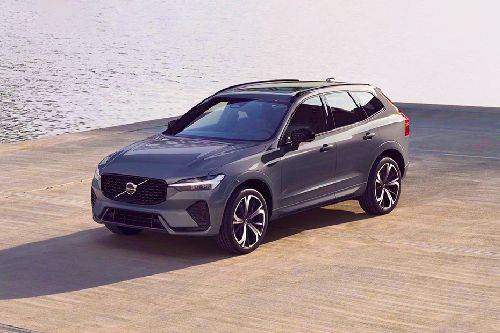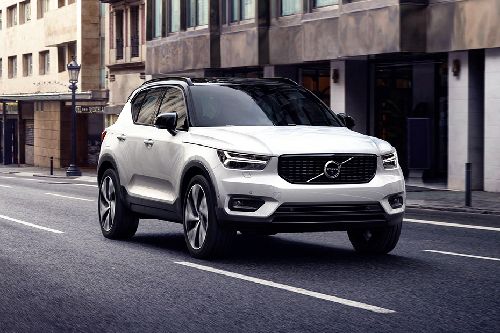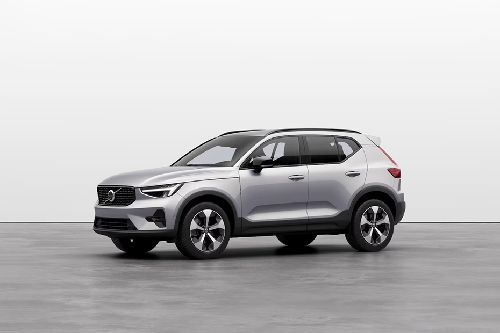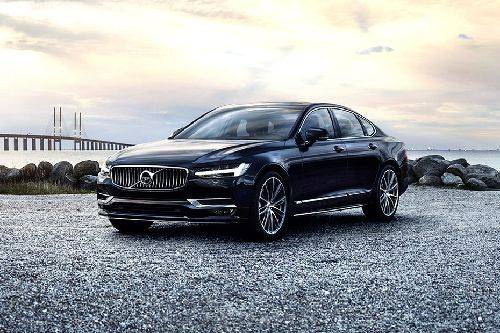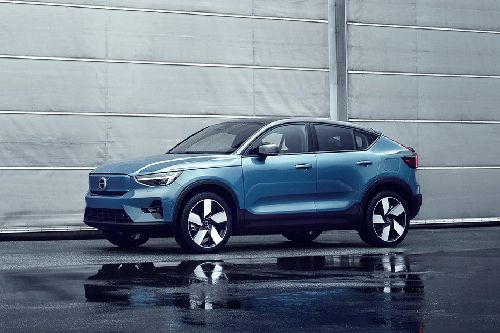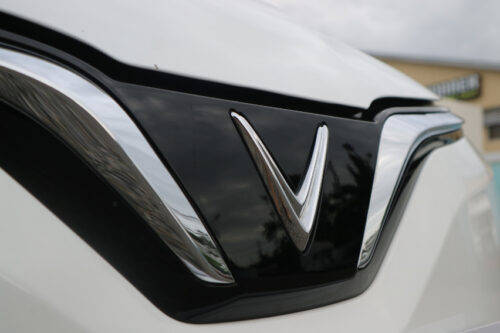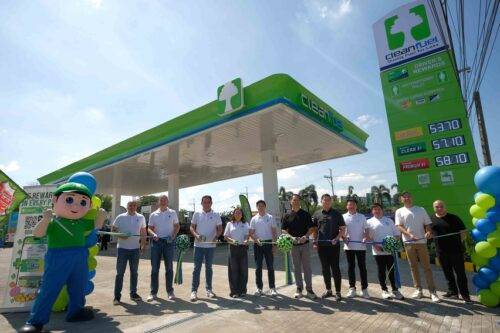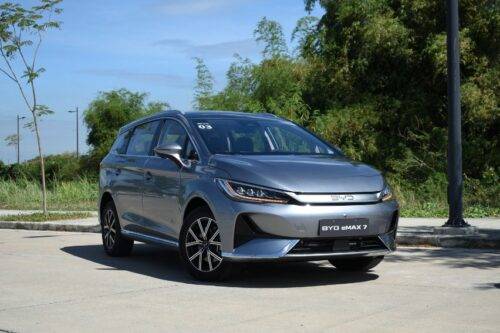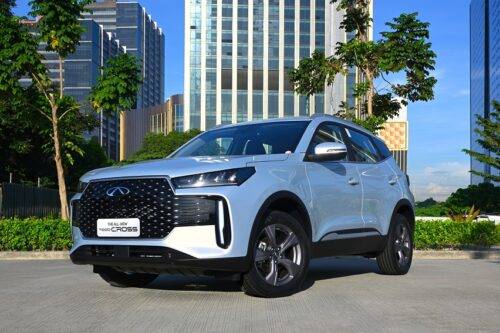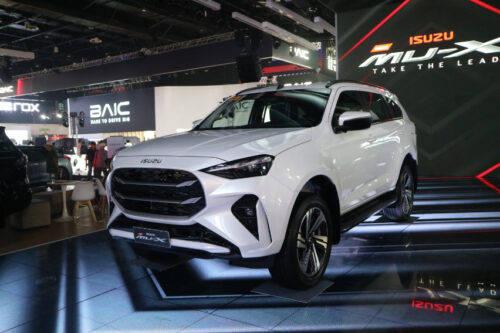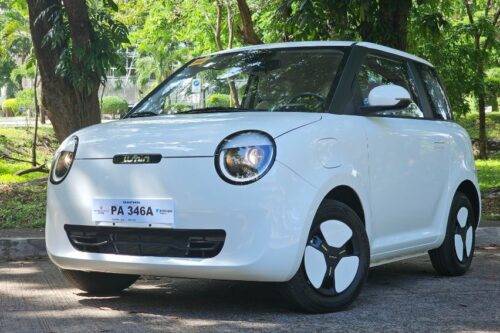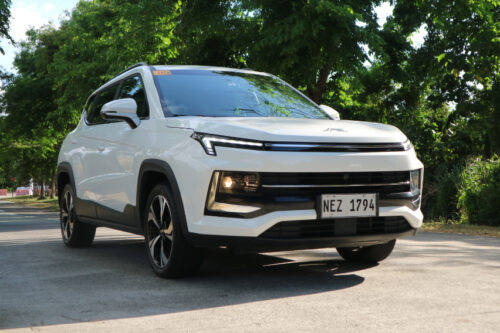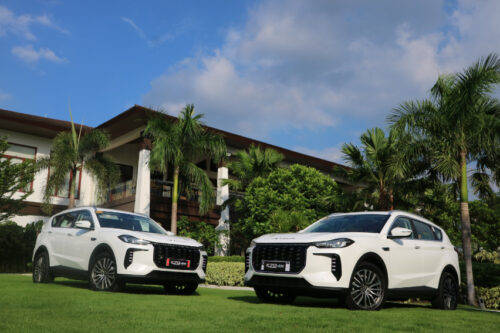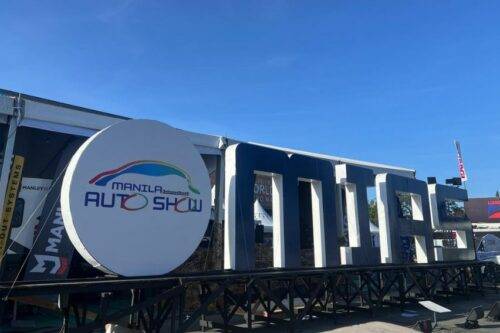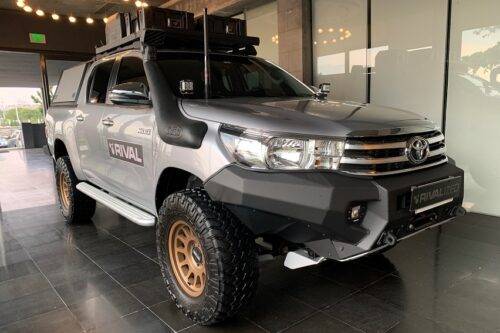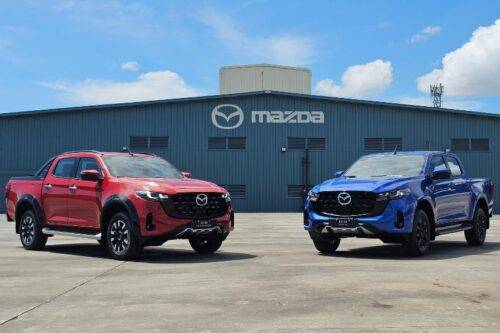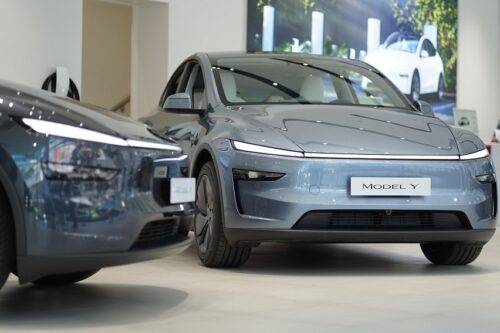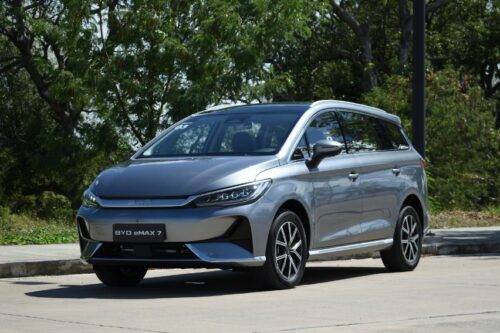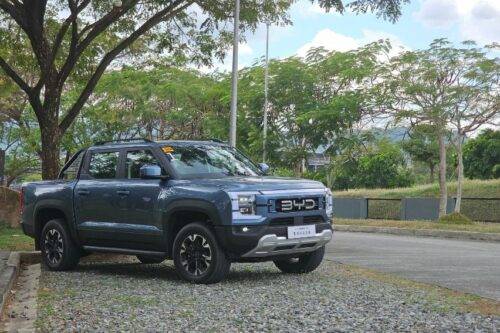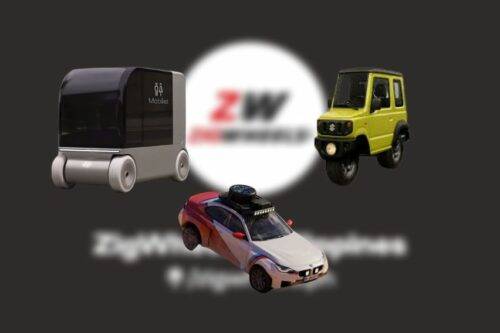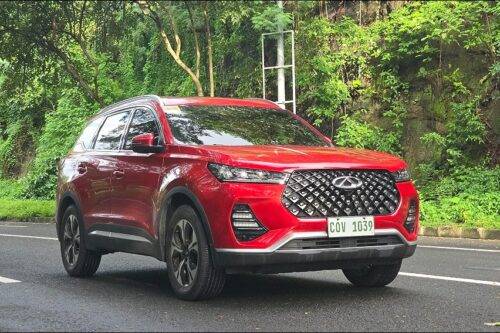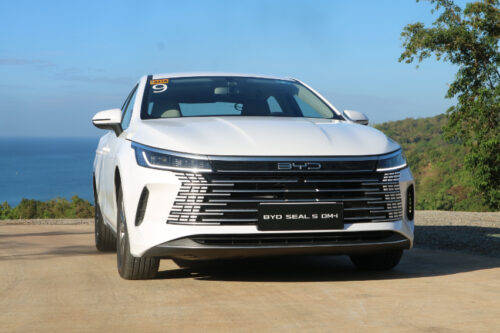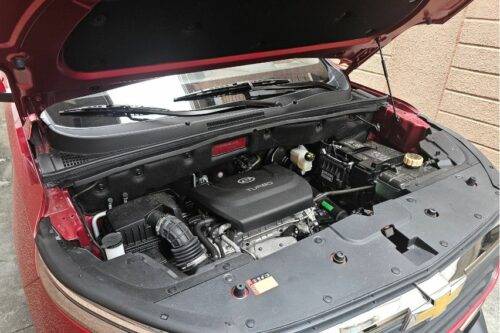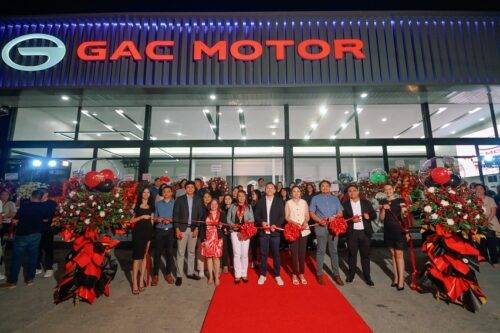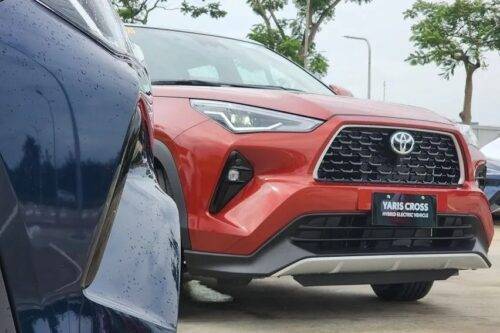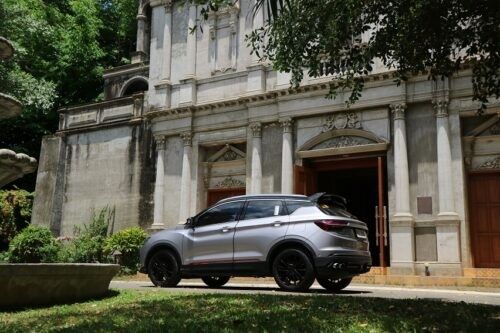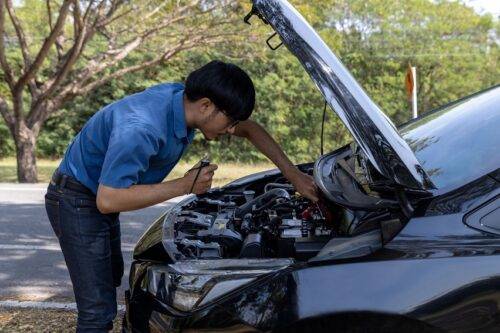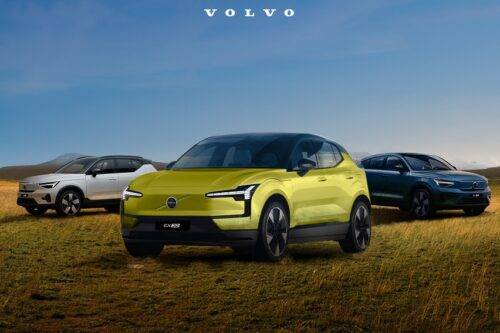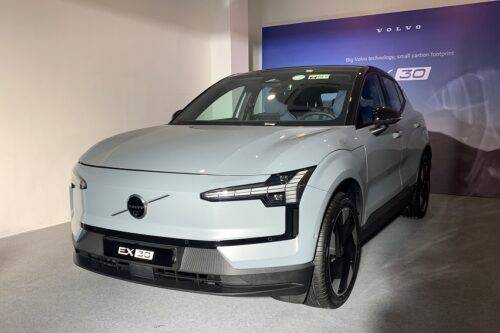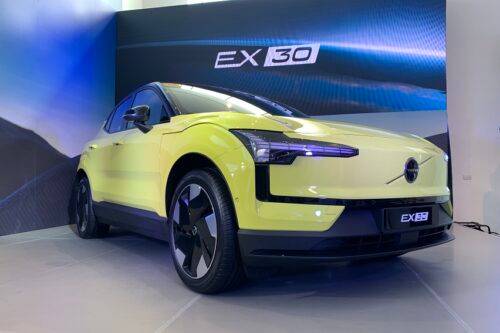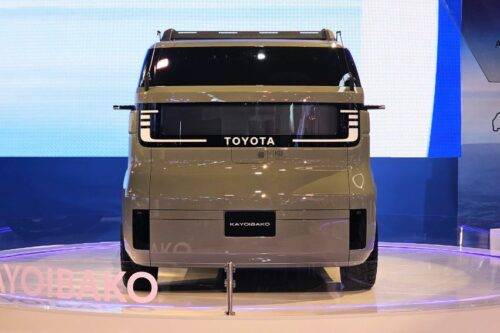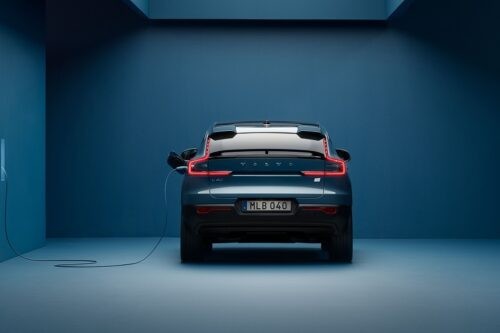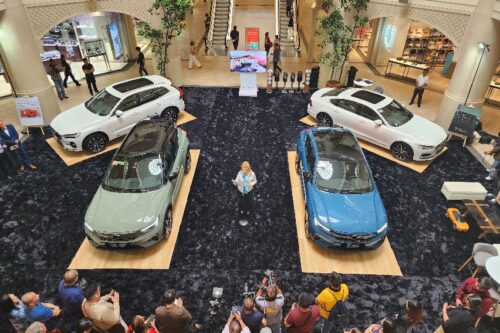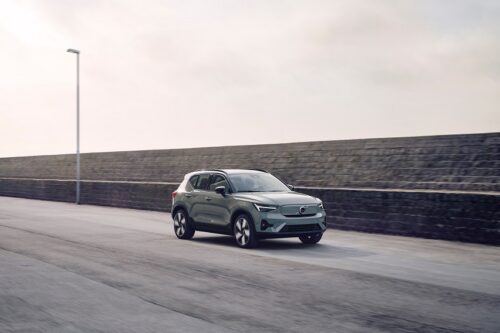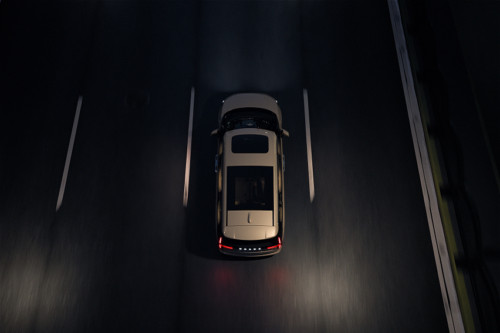Volvo reports 27% sales decline in Q2
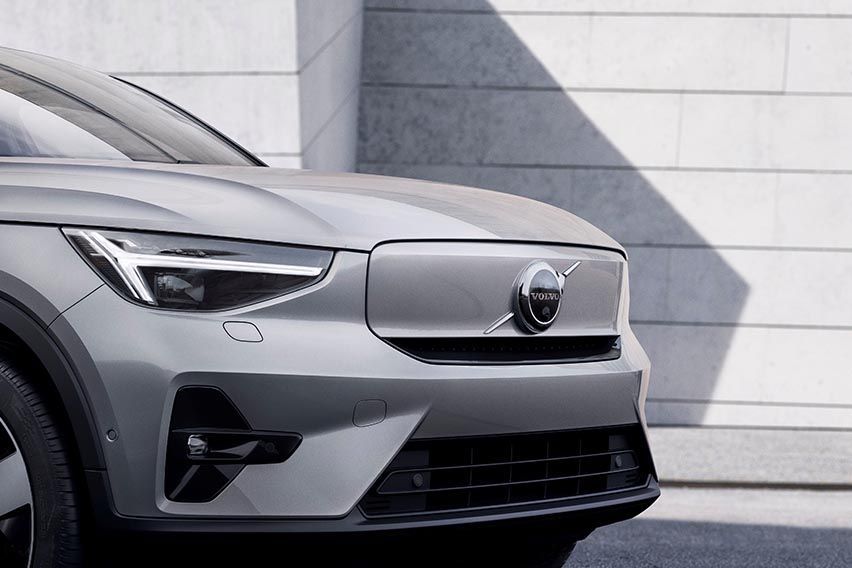
MANILA: Volvo Cars reported stable profitability for the second quarter of the year in spite of persistent trade uncertainty, increased raw material prices, and supply chain bottlenecks brought by recent pandemic lockdowns in China.
KEY TAKEAWAYS
How many vehicle units were sold by Volvo in the second quarter of 2022?
Volvo Cars moved a total of 143,006 units in the second quarter of 2022.What factors caused the sales decline of Volvo in the second quarter of 2022?
The ongoing supply issues that have continued from previous quarters as well as a highly significant impact of the COVID-related lockdowns in China had an influence on Volvo Cars' second-quarter sales performance.Volvo Cars moved a total of 143,006 units, a decrease of 27% from the same period last year. Due to strong pricing and product mix, revenues, which totaled SEK71.3 billion and were down 2% from the same period last year, were less adversely affected than retail sales.
The performance of Volvo Cars' core EBIT was also impacted by lower volumes during the quarter, but this remained essentially stable due to good price realization and product mix. The reported EBIT for Volvo Cars' core operation was SEK4.6 billion, or a margin of 6.5% reported, whereas the reported EBIT comprising joint ventures and associates was SEK10.8 billion, or a reported margin of 15.1%. The accounting impact of Polestar's recent listing on the Nasdaq stock exchange in New York, where Volvo Cars is the largest shareholder, had a favorable effect on the reported EBIT.
In a statement, Volvo Cars President and Chief Executive Jim Rowan said, “When looking back at Volvo Cars’ performance during a very turbulent second quarter, we are satisfied that we have delivered steady earnings. The demand for our products continues to be robust, and we remain focused and clear that the short-term business challenges will not weaken our resolve to meet our mid- to long-term strategic ambitions. If anything, it will only speed up our pace of change.”
The ongoing supply issues that have continued from previous quarters as well as a highly significant impact of the COVID-related lockdowns in China had an influence on Volvo Cars' second-quarter sales performance. The latter aspect has a significant impact on both the company's retail deliveries in China and its production, primarily of Recharge cars, in China and Europe. The third quarter will still be affected by this. The goal of having a double-digit share of fully electric vehicles for the full-year 2022, or more than twice as many as in 2021, remains the same.
With production making a strong comeback in June, Volvo Cars is also observing a discernible improvement in the stabilization of its supply chain. Volvo Cars anticipates a gradual increase in production over the upcoming months, assuming this normalization continues.
With this, Volvo Cars sees better wholesale volumes in 2022 compared to 2021. However, these changes are not expected to increase retail sales during the calendar year due to the time gap between production and retail deliveries. Therefore, the company expects retail sales to be flat or slightly lower for the full 2022 year versus the volumes in 2021.
Volvo Cars' Recharge models remained popular for the quarter, despite production being impeded by ongoing supply shortages due to the lockdowns in China. Recharge sales accounted for 31% of total sales in the second quarter.
There were 122% more active subscriptions at the end of the second quarter versus the same period last year. Customer demand and an expanded offer, as a result of the introduction of online fleet sales for small and medium-sized enterprises in both the UK and Sweden, were the main drivers of this increase. Online sales represented 9.5% of all sales in established markets in the second quarter, up from 4.6% in the same period last year.
The Volvo Cars goal to reduce its carbon footprint stayed on track. CO2 emissions were 10% lower in the first half of the year compared to the 2018 benchmark, supporting Volvo Cars' 2025 target of a 40% CO2 reduction per vehicle.
“Like many others, our short-term business challenges remain. However, we are confident and focused on delivering on our strategic ambitions and purpose,” Rowan added.
Photo from Volvo Cars
Also read: Volvo sales drop by 26.9% in June
Sell your car at the best price
 Verified and genuine buyers
Verified and genuine buyers
Volvo Car Models
Trending & Fresh Updates
- Latest
- Popular
You might also be interested in
- News
- Featured Stories
Volvo Featured Cars
- Latest
- Popular
Volvo Car Articles From Carmudi
- journal

